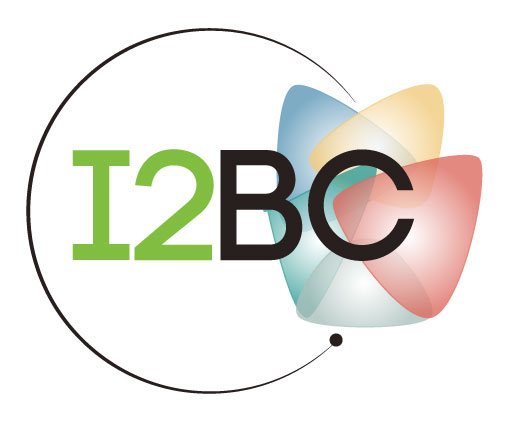Rho-dependent transcriptional switches regulate the bacterial response to cold shock
Résumé
Binding of the bacterial Rho helicase to nascent transcripts triggers Rho-dependent transcription termination (RDTT) in response to cellular signals that modulate mRNA structure and accessibility of Rho utilization (Rut) sites. Despite the impact of temperature on RNA structure, RDTT was never linked to the bacterial response to temperature shifts. We show that Rho is a central player in the cold-shock response (CSR), challenging the current view that CSR is primarily a posttranscriptional program. We identify Rut sites in 5'-untranslated regions of key CSR genes/operons (cspA, cspB, cspG, and nsrR-rnr-yjfHI) that trigger premature RDTT at 37°C but not at 15°C. High concentrations of RNA chaperone CspA or nucleotide changes in the cspA mRNA leader reduce RDTT efficiency, revealing how RNA restructuring directs Rho to activate CSR genes during the cold shock and to silence them during cold acclimation. These findings establish a paradigm for how RNA thermosensors can modulate gene expression.
Domaines
Sciences du Vivant [q-bio]
Fichier principal
 Delaleau et al, main text & figures_preprint version.pdf (7.2 Mo)
Télécharger le fichier
Delaleau et al, main text & figures_preprint version.pdf (7.2 Mo)
Télécharger le fichier
| Origine | Fichiers produits par l'(les) auteur(s) |
|---|---|
| licence |



